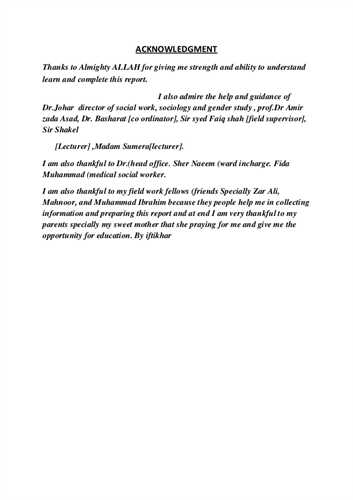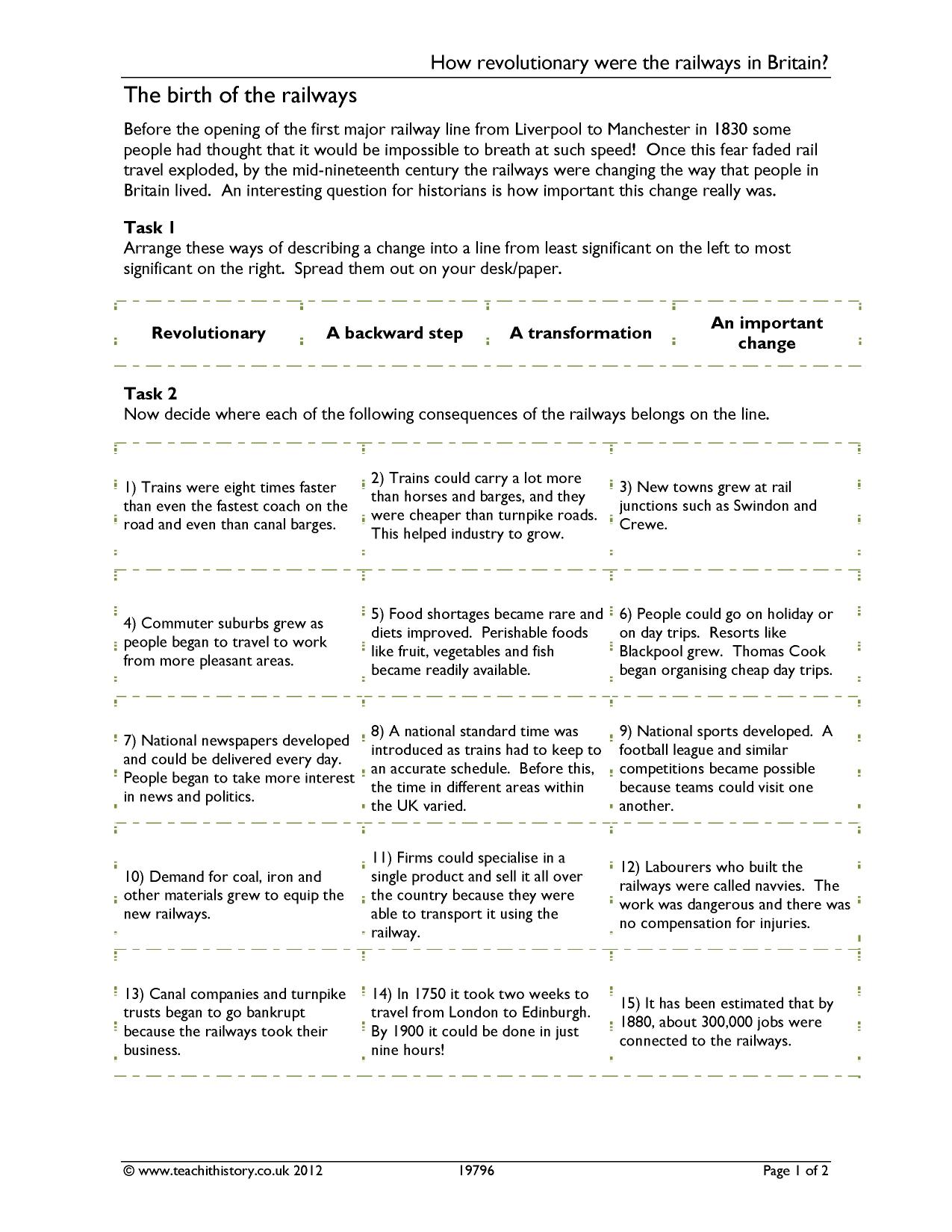Meaning and Significance of New Religious Movements.
By identifying a set of propositions to explain why religious movements succeed or fail, I had hoped to encourage those involved in case studies to investigate these issues and consequently to begin an accumulation of comparable data. Looking back, it probably was a mistake to publish such an essay in an edited volume that soon became difficult to find, rather than in an easily available.
The term New Religious Movement, or 'NRMs', at a superficial level at least, is a useful form of terminology to describe a large number of groups or organisations. 1 NRMs often challenge our.
New religious movement - New religious movement - Vietnam, the Philippines, and Indonesia: The nations of Southeast Asia also went through periods of dramatic change during the 19th and 20th centuries, experiencing imperialistic conquest, Japanese aggression, and imperial divestiture followed by civil war and sociopolitical turmoil. One result of these dramatic and painful changes was the.
A new religious movement (NRM) is a religious, ethical, or spiritual group or community with practices of relatively modern origins.NRMs may be novel in origin or they may exist on the fringes of a wider religion, in which case they will be distinct from pre-existing denominations.Academics identify a variety of characteristics which they employ in categorizing groups as new religious movements.
Religious Movements in America. Order instructions. Undergirding this entire course thus far has been the concept of the “social movement,” which is, basically put: a conscious, collective, organized attempt to bring about or resist large-scale change in the social order. In this essay, adopt and defend the position that religions themselves are social movements. Part of how you will.
The feeling of public persecution is a central theme of many new religious movements, and the negative publicity of suicide cults only fuels the fear of other like-minded religious groups. The misleading definitions the media provided for the how, what and why of these new religious movements were symptomatic of the media bias against all such movements. Through examination of the print media.
The academic study of new religious movements is known as new religions studies (NRS). The study draws from the disciplines of anthropology, psychiatry, history, psychology, sociology, religious studies, and theology. Eileen Barker noted that there are five sources of information on new religious movements (NRMs): the information provided by such groups themselves, that provided by ex-members.










